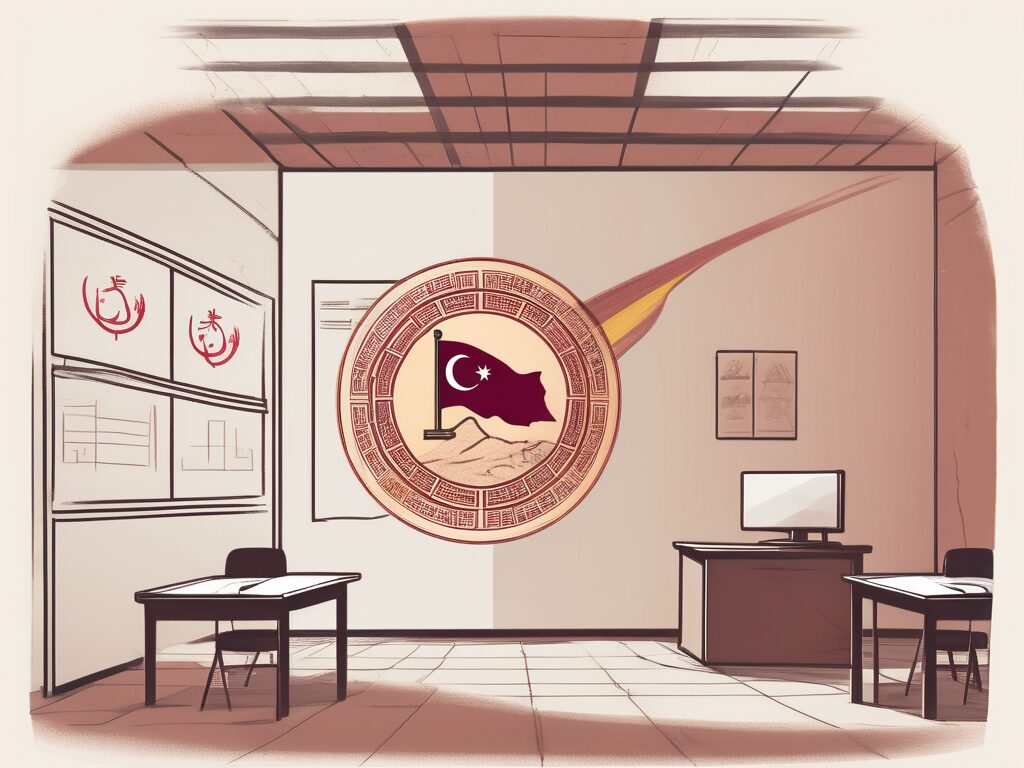The International Qualifications for Teacher Standards (IQTS) is a globally recognised certification that sets the benchmark for quality teaching. However, implementing these standards in different cultural contexts, such as China and Qatar, can present unique challenges. This blog post will delve into four key comparisons of teaching challenges with an IQTS in these two countries.
Understanding of IQTS
China
In China, the understanding of IQTS is relatively high among educators. This is largely due to the country’s emphasis on international education standards and its efforts to integrate these into the national curriculum. However, there are still challenges. For instance, some teachers may struggle to adapt to these standards due to language barriers or differences in teaching methodologies.
Furthermore, the Chinese education system is traditionally exam-oriented, which can conflict with the IQTS’s focus on holistic education. This discrepancy can create confusion and resistance among teachers who are accustomed to a more rigid, results-driven approach.
Qatar
On the other hand, in Qatar, the understanding of IQTS is still developing. The country has made significant strides in education reform, with a focus on incorporating international standards. However, the adoption of IQTS is not as widespread as in China.
One of the main challenges in Qatar is the lack of resources and training to effectively implement these standards. Additionally, cultural differences and language barriers can also pose difficulties for teachers in understanding and applying the IQTS.
Implementation of IQTS
China
The implementation of IQTS in China is a complex process. The country’s vast size and diverse population mean that there can be significant disparities in education quality and resources between different regions. This can make it difficult to ensure consistent implementation of IQTS across the country.
Moreover, the traditional Chinese teaching method, which emphasises rote learning and teacher-centred instruction, can be at odds with the IQTS’s focus on student-centred learning and critical thinking. This can create challenges in aligning teaching practices with IQTS standards.
Qatar
In Qatar, the implementation of IQTS faces different challenges. The country’s education system is relatively young and still undergoing significant reforms. This means that there can be a lack of established structures and processes to support the implementation of IQTS.
Furthermore, the diverse expatriate population in Qatar can also complicate the implementation of IQTS. With a multitude of different languages and cultural backgrounds in the classroom, teachers may struggle to apply the IQTS in a way that is inclusive and effective for all students.
Teacher Training
China
Teacher training is a crucial aspect of implementing IQTS in China. The country has a robust system of teacher education, with a strong emphasis on continuous professional development. However, there can be gaps in the provision of training specifically tailored to the IQTS.
Moreover, the high-pressure nature of the Chinese education system can leave teachers with little time for additional training. This can hinder their ability to fully understand and apply the IQTS in their teaching practice.
Qatar
In Qatar, teacher training is also a key factor in the implementation of IQTS. The country has made significant investments in teacher education, including partnerships with international institutions. However, there can be challenges in ensuring that this training effectively addresses the specific needs of IQTS.
Additionally, the high turnover of expatriate teachers in Qatar can make it difficult to maintain consistent standards of teaching. This can pose challenges for the effective implementation of IQTS in the country’s schools.
Policy Support
China
Policy support is a critical factor in the implementation of IQTS in China. The country’s government has shown a strong commitment to improving education standards, including the adoption of international benchmarks such as the IQTS. However, the top-down approach to policy implementation can sometimes lead to a lack of flexibility and adaptability in the classroom.
Moreover, the focus on high-stakes testing in China can create a policy environment that is at odds with the IQTS’s emphasis on holistic education. This can pose challenges for teachers in aligning their teaching practices with these standards.
Qatar
In Qatar, policy support for IQTS is also crucial. The country’s Supreme Education Council has made a commitment to improving education standards and has embraced international benchmarks such as the IQTS. However, the rapid pace of education reform in Qatar can sometimes lead to a lack of clarity and consistency in policy implementation.
Furthermore, the country’s diverse population can make it challenging to develop policies that meet the needs of all students. This can create difficulties in implementing the IQTS in a way that is inclusive and effective.
In conclusion, while both China and Qatar face unique challenges in implementing the IQTS, they also share common issues such as understanding of IQTS, its implementation, teacher training, and policy support. By addressing these challenges, both countries can make significant strides towards improving their education standards and providing a high-quality learning experience for all students.
Enhance Your Teaching Career with iQTS at UWE
Understanding the complexities of implementing IQTS in diverse educational landscapes like China and Qatar is just the beginning. If you’re an educator looking to overcome the barriers of qualification requirements, advance your career, connect with a global professional community, and gain a comprehensive understanding of international curricula, The IQTS at UWE is your next step. Our International Qualified Teacher Status (iQTS) programme is specifically designed to address these challenges, offering a flexible online study option that fits your busy schedule. Don’t be part of the 80% who fall short of international standards—join the ranks of satisfied educators who are 65% more adaptable in global education systems. Make Your Next Step today and transform your teaching journey with the iQTS at UWE.

